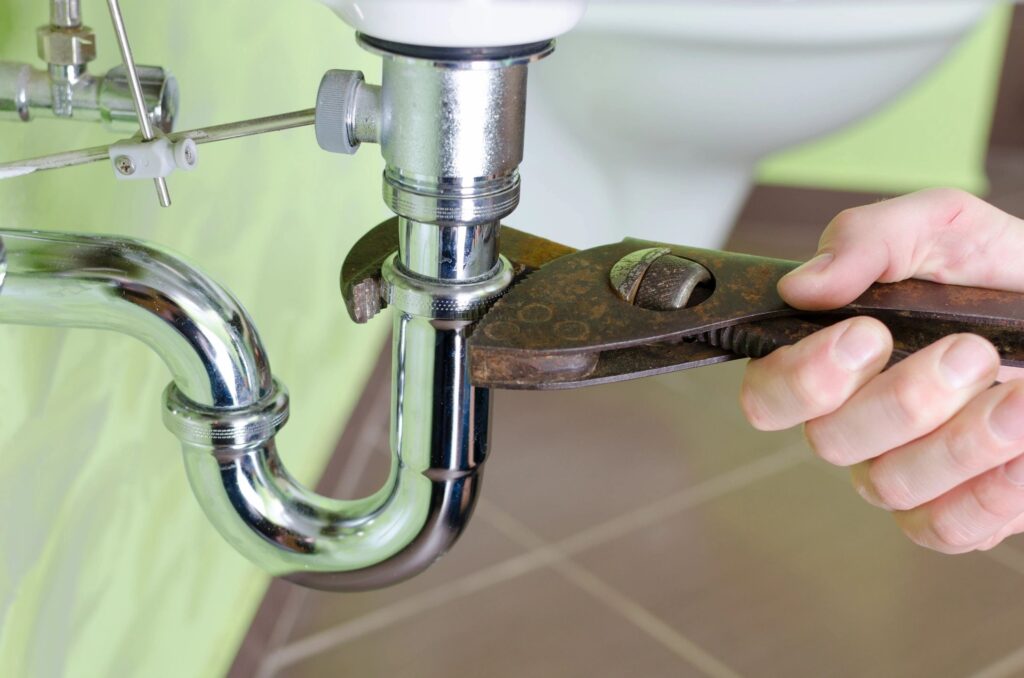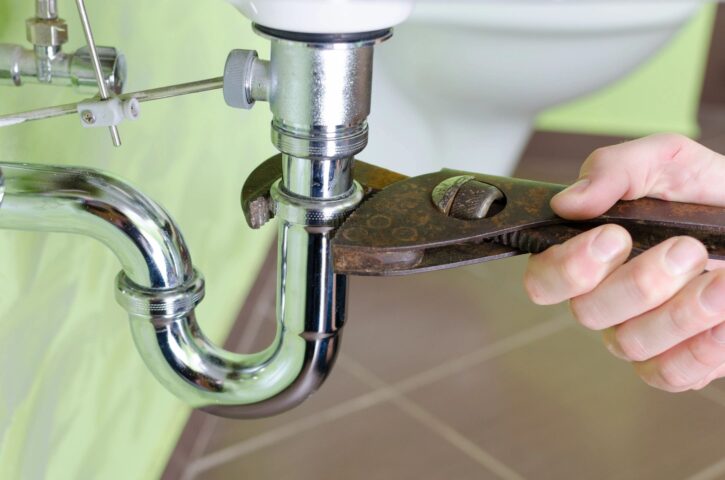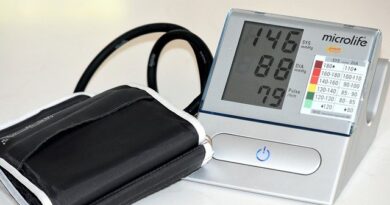
Plumbing Maintenance 101: Simple Steps to Avoid Costly Repairs
Plumbing is one of those things we don’t think about—until something goes wrong. But with a few proactive steps, you can keep your system running smoothly and avoid potentially expensive repairs. This guide is designed to provide both homeowners and tenants with essential tips on maintaining your plumbing.
1. Routine Inspection and Maintenance
Regular inspection of your plumbing system is key to catching issues early. Look for leaks around faucets, toilets, and under sinks, which could indicate worn-out seals or connections. A small leak can waste gallons of water and lead to higher utility bills.
What to Check:
- Faucets and showerheads for any dripping or signs of mold.
- Toilets for leaks by adding a few drops of food coloring into the tank; if the color seeps into the bowl without flushing, you have a leak.
- Exposed pipes for moisture, corrosion, or mildew, which indicates leaks.
2. Be Mindful of What Goes Down the Drain
One of the primary causes of clogs is improper disposal. Avoid flushing anything other than human waste and toilet paper to prevent blockages.
Kitchen Tips:
- Use a strainer over drains to catch food particles.
- Dispose of cooking grease in the trash, as pouring it down the drain can lead to solid buildup and blockages.
3. Invest in Quality Drain Cleaners
Over time, drains can accumulate hair, grease, and other debris. While there are various drain cleaners on the market, using the right product is crucial. To find the best options, simply search for “drain cleaners near me” and browse local product reviews for recommendations.
4. Utilize a Water Softener
Hard water can be a silent enemy to your plumbing. The high mineral content in hard water can lead to scale build-up, reducing the efficiency of your plumbing system and damaging appliances.
Benefits of a Water Softener:
- Extends the lifespan of your water heater by preventing scale buildup.
- Improves water pressure by preventing mineral deposits in pipes.
5. Know Your Water Pressure
Excessive water pressure can be hard on pipes and fixtures. Use a pressure gauge to check your water pressure regularly. Ideally, it should be between 40-60 psi.
6. Prepare for the Changing Seasons
Extreme temperatures can test your plumbing system. Before winter, insulate pipes in unheated spaces. This can prevent freezing and possible pipe bursts, saving you a significant repair headache.
7. Seek Professional Help
If you encounter persistent issues or suspect a more extensive hidden problem, it’s time to call an expert. Professional plumbers have the tools and expertise to diagnose and resolve complicated problems efficiently.
Finding the Right Plumber:
- Look for certified professionals with good customer reviews.
- Ensure they offer guarantees or warranties on their work.
Conclusion
Consistent plumbing maintenance can significantly extend the lifespan of your system and keep expensive repairs at bay. By following these steps and staying vigilant, you can maintain a smooth-running plumbing system that serves your household efficiently.
For those tricky or persistent plumbing issues, consider reaching out to a professional. No matter the problem, having trusted drain cleaners and plumbers “near me” can make all the difference in ensuring peace of mind for you and your household.









Thanks for the helpful tips.
Thank you for sharing these great ideas
Thanks for the tips and sharing this.